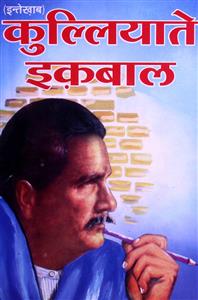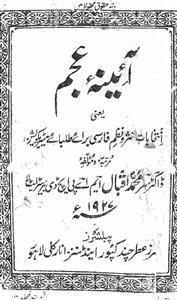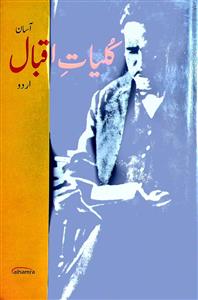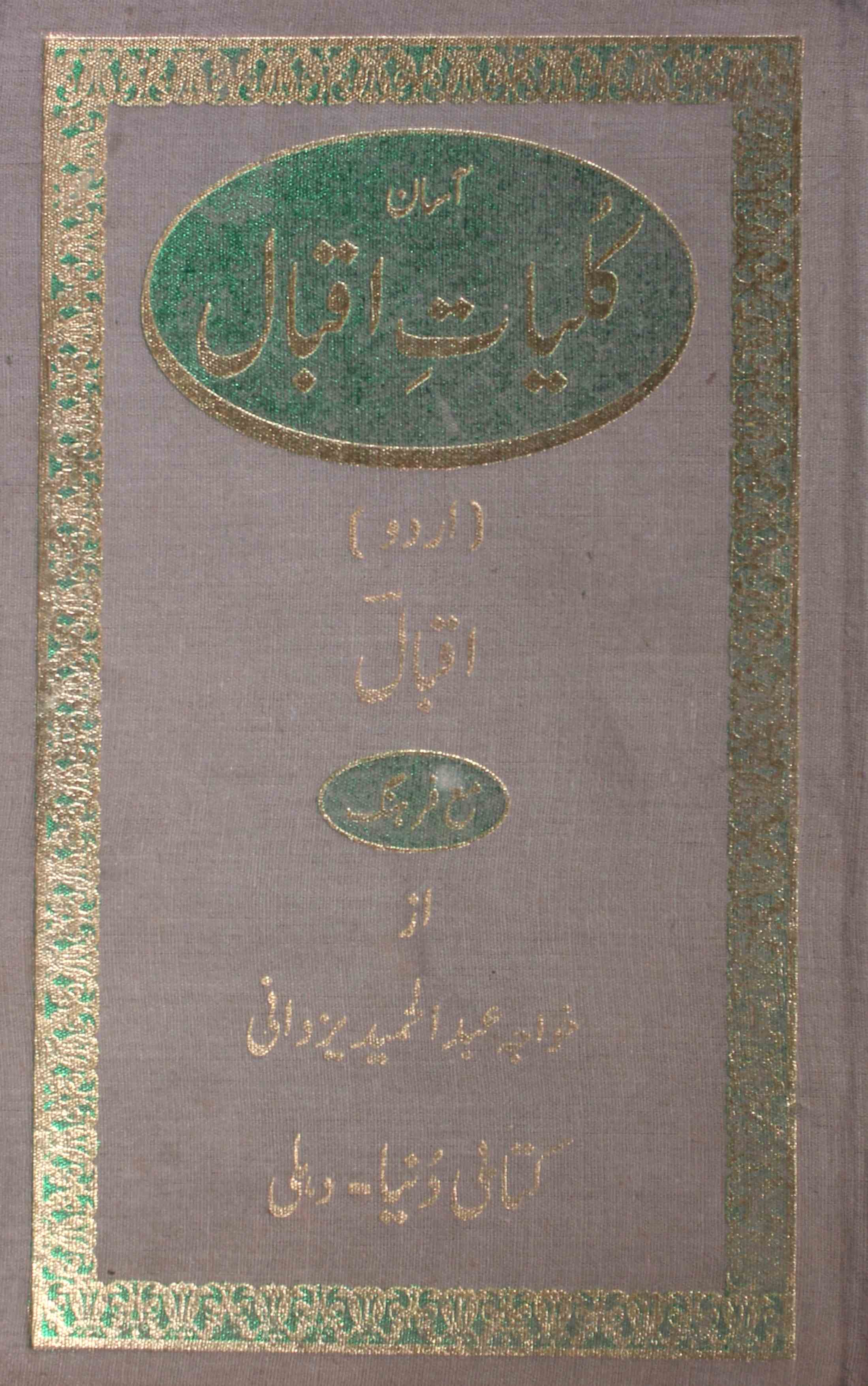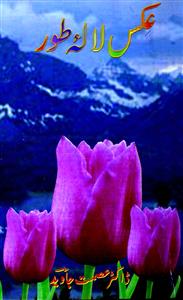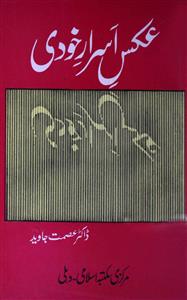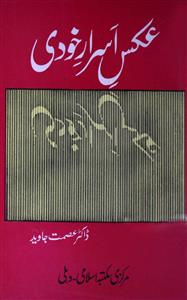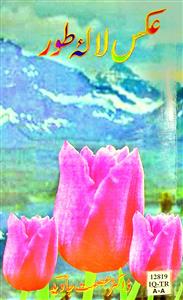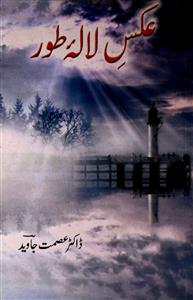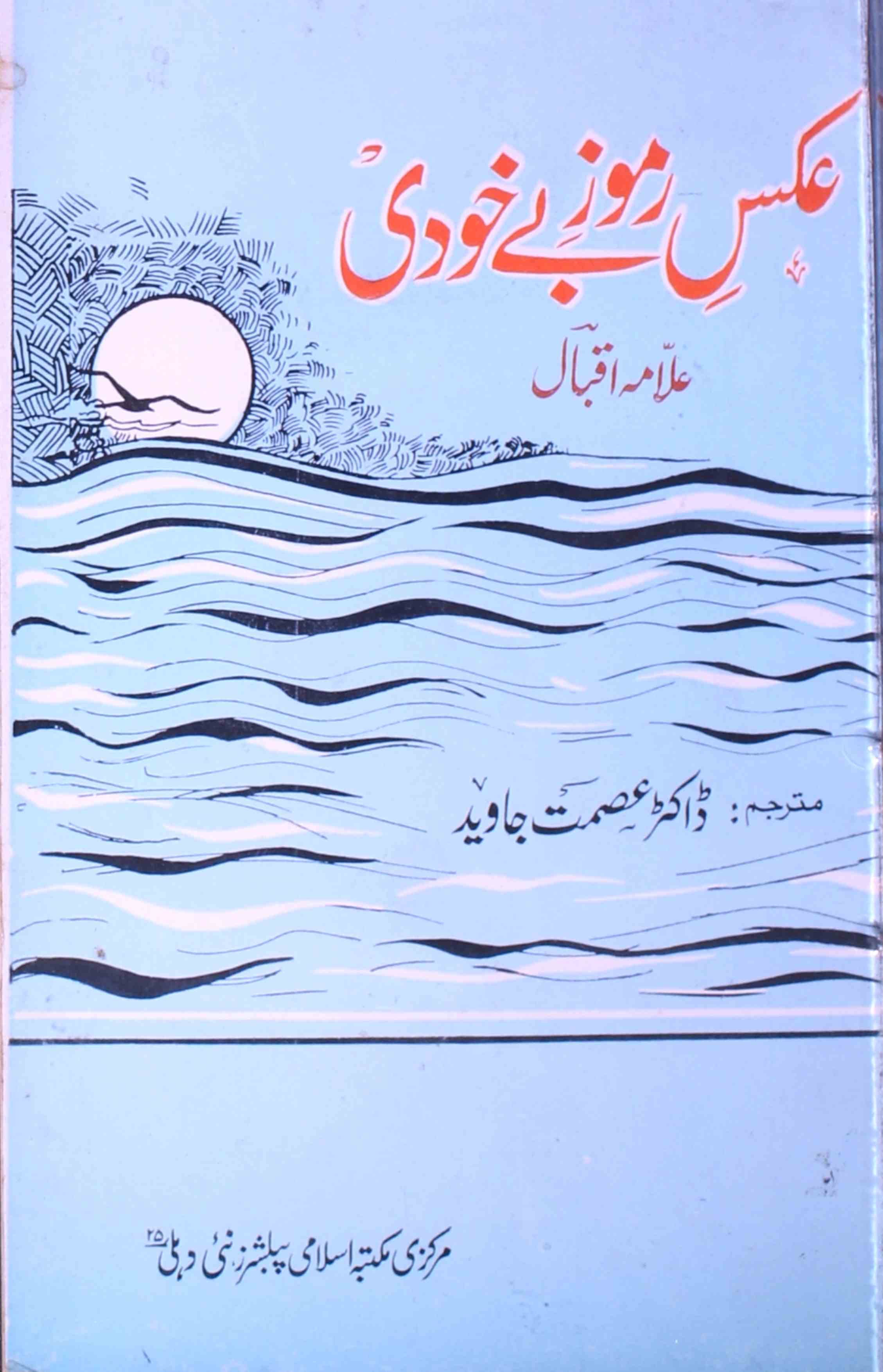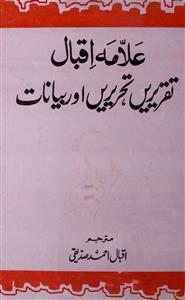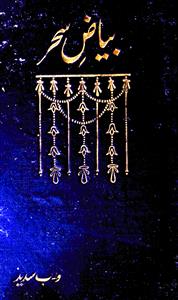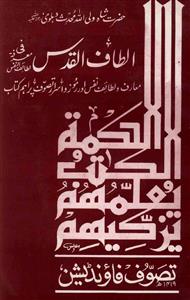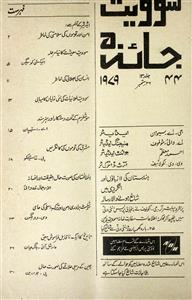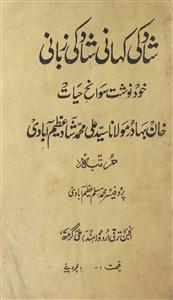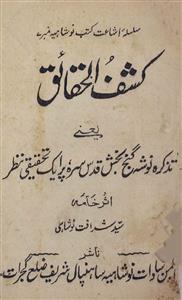 For any query/comment related to this ebook, please contact us at haidar.ali@rekhta.org
For any query/comment related to this ebook, please contact us at haidar.ali@rekhta.org
About The Book
"کلیات اقبال" ان کے شعری مجموعوں کا اجتماع ہے، جس میں بانگ درا، بال جبریل ، ضرب کلیم اور ارمغان حجاز (حصہ اردو) کویک جگہ جمع کر دیا گیا ہے۔ اقبال کے قارئین کی کثرت ہند و پاک میں اس قدر ہے کہ بہت کم شعرا کو یہ شرف حاصل ہے۔ کلیات، اقبال کی غزلوں اور نظموں سے بھرپور ہے اور اقبالیات کا ایک نظر میں مطالعہ کرنے کے لئے کافی۔ اقبال یقینا ان شعرا کی فہرست میں آتا ہے جن کو سمجھنا کار آسان نہیں کیوں کہ کہیں پر وہ فطرت کا ترجمان بن کر نمودار ہوتا ہے تو کہیں انقلابی شاعر کی حیثیت سے ہاتھ میں مشعل لئے خوشہ گندم جلانے کی بات کرتا ہے۔ کہیں وہ اسلامیات کا درس دیتا ہے تو کہیں پر اس کی حالت زار کا تمسخر اڑاتا ہوا نظر آتا ہے۔ کہیں پر وہ تصوف کی تعلیم سے لبریز نظر آتا ہے تو کہیں اس سے متنفر۔ کہیں اس کو مغربی تعلیم سے وحشت ہے تو کہیں اس سے محبت۔ کہیں پر وہ ہندوستان کو جنت نشاں کہتا ہے تو کہیں اس کی ویرانی پر ماتم کناں نظر آتا ہے۔ کبھی وہ بچوں کے گیت گاتا ہے تو کہیں عشق کی آخری سرحد پر جاکر کہتا ہے کہ، "ترے عشق کی انتہا چاہتا ہوں ۔" اقبال اپنی ہر تخلیق میں ایک نئے رچاو بساو کے ساتھ آتا ہے اور کچھ درس و تدریس کرتا ہے اور قاری کو جھنجھوڑ کر واپس ہو جاتا ہے۔ الغرض اقبال کی شاعری کثیر الجہات موضوعات خود میں پنہا کئے ہوئے ہے۔ اس کا مطالعہ اردو ادب کے طالب عالم کو ہی نہیں بلکہ ہر انسان کو کرنا چاہئے اور ان کی تعلیمات کو برائے کار لاکر ایک نئے جہان کی تخلیق کرنے کی سعی کرنی چاہئے۔ زیر نظر کتاب کلیات اقبال کا انتخاب ہے، جس کو دیوناگری رسم الخط میں ترتیب دیا گیا ہے۔
About The Author
Mohammad Iqbal (1877-1938), a descendant of a Kashmiri Brahmin family that had embraced Islam in the seventeenth century, was born and settled in Sialkot. After a traditional education in Arabic, Persian, and Urdu, he was exposed to a liberal education that defined the contours of his thought and his poetry during the entire period of his life. Beginning his educational career at the Scottish Mission School, he went on to acquire his M. A. in Philosophy, before joining Trinity College, and later earning the degree of Bar-at-Law. He furthered his education by getting the degree of doctorate from Germany on The Development of Metaphysics in Persia. He worked in different capacities at different points of time; he taught philosophy, practised law, got involved in politics, and also attended the second Round Table Conference. Even while he favoured the idea of the creation of Pakistan and is venerated there as the national poet, he wrote the famous patriotic song that celebrates the greatness of India. King George V decorated him with knighthood and he was called Sir Mohammad Iqbal thereafter.
Iqbal wrote both in Persian and Urdu, and is often regarded as the poet-philosopher of the East who addressed the Muslim ummah, believed in the philosophy of wahdatul wujood, and propounded the philosohy of khudi, or selfhood, which called for self-realisation and the discovery of the hidden talent with love and perseverance. Beyond that lay the stages of complete submission and forgetfulness which, he thought, was the ultimate stage of khudi. Iqbal dreamt of the ‘complete man’ and also entered into a metaphoric dialogue with the divine. His poetry emerged as a remarkable site where message and art coalesced, as he re-configured major poetic devices like metaphor, myth, and symbol to re-visit history, philosophy and the Islamic faith to develop his individual vision. He has left behind his collections of poems, Asraar-e Khudi, Rumooz-e Bekhudi, Baang-e Daraa, Baal-e Jibreel, Payaam-e Mashriq, Zaboor-e ‘Ajm, Javed Naama, Zarb-e Kaleem, and Armaghaan-e Hijaz, apart from his lectures collected in English as The Reconstruction of Religious Thought in Islam, and other works on the Eastern worldview.
 For any query/comment related to this ebook, please contact us at haidar.ali@rekhta.org
For any query/comment related to this ebook, please contact us at haidar.ali@rekhta.org
Write a Review
Jashn-e-Rekhta 10th Edition | 5-6-7 December Get Tickets Here
